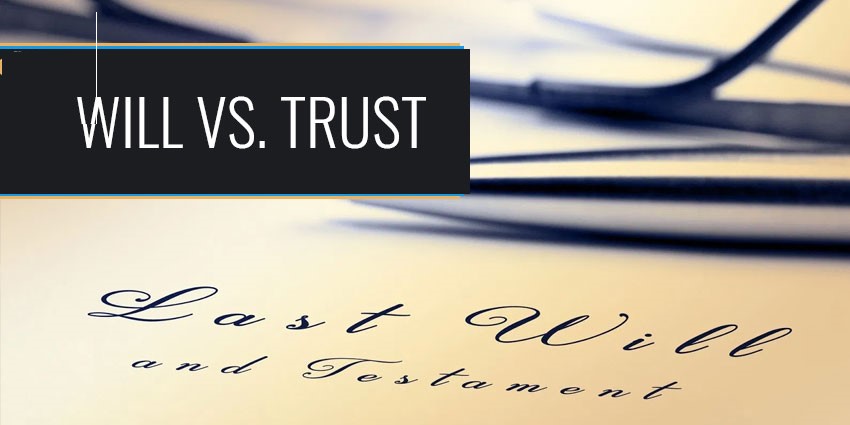بِسۡمِ اللهِ الرَّحۡمٰنِ الرَّحِيۡمِ
In English law and other common law jurisdictions, a Will an be either Will based or Trust based.

In the past two decades, Muslim legal professionals, including solicitors, Will writers, and tax accountants, have increasingly advocated for the incorporation of testamentary trusts, commonly referred to as Will trusts, in Islāmic Wills. This trend has sparked various opinions within the Muslim community regarding the efficacy and ethical implications of such trusts. While some view testamentary trusts as essential for ensuring Islāmic inheritance practices, others prioritize mitigating inheritance tax (IHT), perceiving IHT payments as compromising the rights of legal heirs. Additionally, some proponents of trusts may be motivated by financial interests, as the establishment and administration of trusts can result in substantial costs.
To comprehend the role of testamentary trusts in Islāmic Wills, it is essential to understand the concept of trusts within the common law system. Originating from medieval England, a trust involves the transfer of legal title from the owner (settlor) to a trustee, who holds the property for the benefit of designated individuals (beneficiaries). This arrangement separates legal, equitable, and beneficial titles into distinct elements, namely the trustee, trust property, and beneficiary. Unlike a company, a trust does not constitute a separate legal entity.
Within the realm of trusts, a testamentary trust, or Will trust, is established through a Will document, with the executors of the Will assuming the role of trustees. For a trust to be valid, three certainties must be met: certainty of intention, certainty of subject matter, and certainty of objects. The settlor, or grantor, expresses their intent to create a trust either through a trust deed or a Will, while the trust property must be clearly defined. Trustees, as the legal owners of the trust property, are tasked with executing the settlor's wishes, while beneficiaries, who benefit from the trust property, must be unequivocally identified.
While trusts are commonplace in common law jurisdictions, their application in Islāmic Wills raises theological and practical considerations. Although Islāmic principles encompass trust-like concepts such as waqf (charitable trust) and amanah (trusteeship), common law trusts are generally not recognised within Islāmic legal frameworks. From an Islāmic perspective, the transfer of property via a testamentary trust does not constitute inheritance, as trust beneficiaries are not considered heirs under Islāmic law. Nonetheless, some scholars permit the use of common law trusts in Islāmic Wills on a temporary basis, albeit with inherent drawbacks and potential conflicts.
One prevalent form of testamentary trust used in Islāmic Will templates is the discretionary trust. By transferring the entire estate into a trust, the settlor relinquishes direct control over the distribution of assets, granting discretion to trustees. While this approach offers flexibility and potential tax efficiency, it may also raise ethical concerns, as trustees assume authority over inheritance shares traditionally determined by Islāmic law. Furthermore, the tax IHT liability in a discretionary trust may be greater than a simple Will as the discretionary trust may not qualify for residential NRB relief of £125,000.
Another strategy employed to mitigate IHT is the Life Interest Trust (LIT), also known as an Interest in Possession Trust. In this arrangement, a surviving spouse is designated as the life tenant, granting them the right of occupation and income generated by trust assets until their death, after which the assets are distributed to designated beneficiaries. While LITs provide tax-neutral solutions, they introduce complexities regarding ownership rights and asset distribution, particularly in adherence to Shariah principles.
Ultimately, the use of testamentary trusts in Islāmic estate planning necessitates careful consideration of theological, ethical, and legal implications. While trusts may offer tax-efficient solutions, they must align with Shariah principles and uphold the rights of legal heirs. Rather than solely focusing on IHT mitigation, the primary objective of an Islāmic Will should be to ensure Shariah-compliant asset distribution, prioritizing the well-being of beneficiaries and the preservation of Islāmic inheritance norms.
A. Hussain
